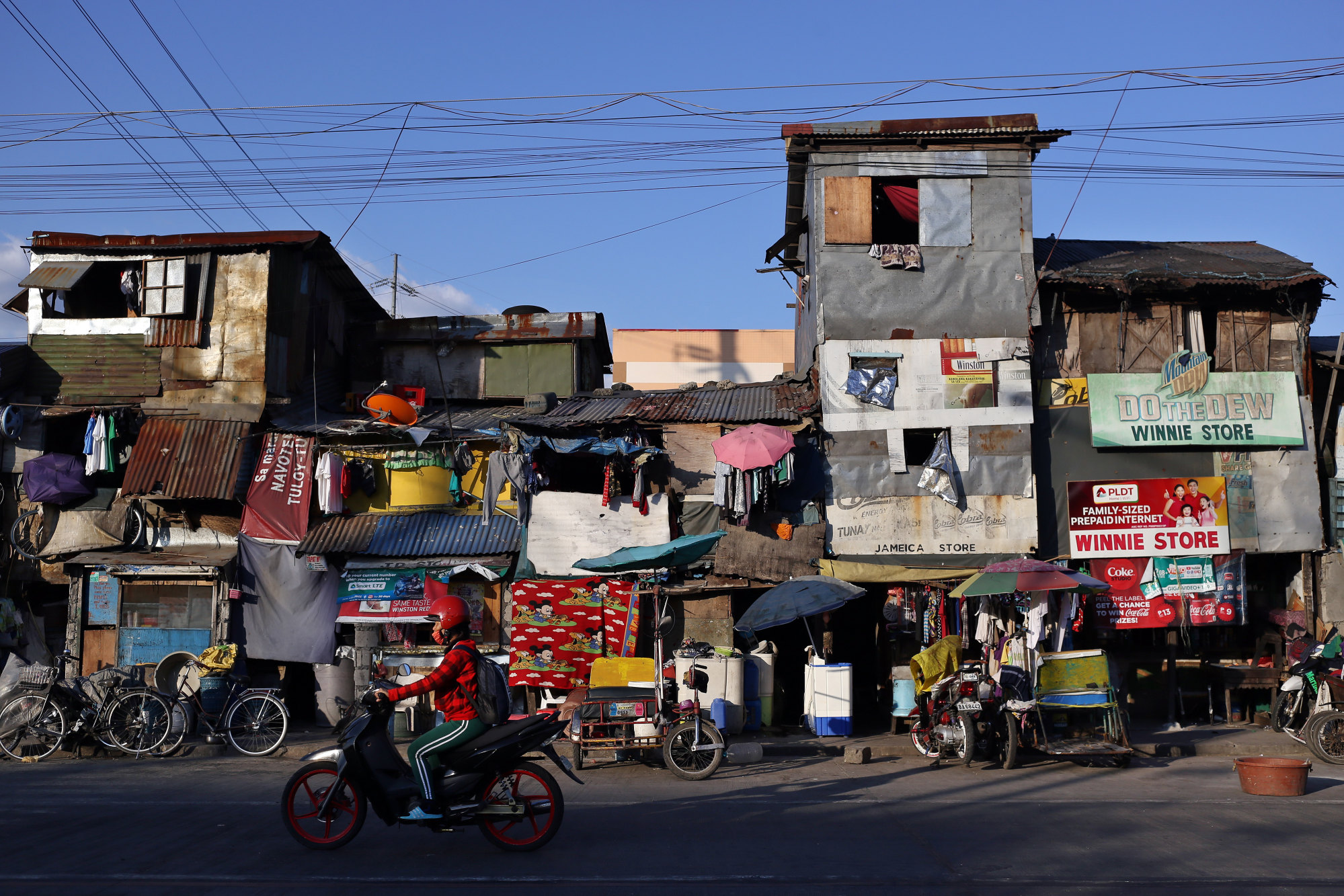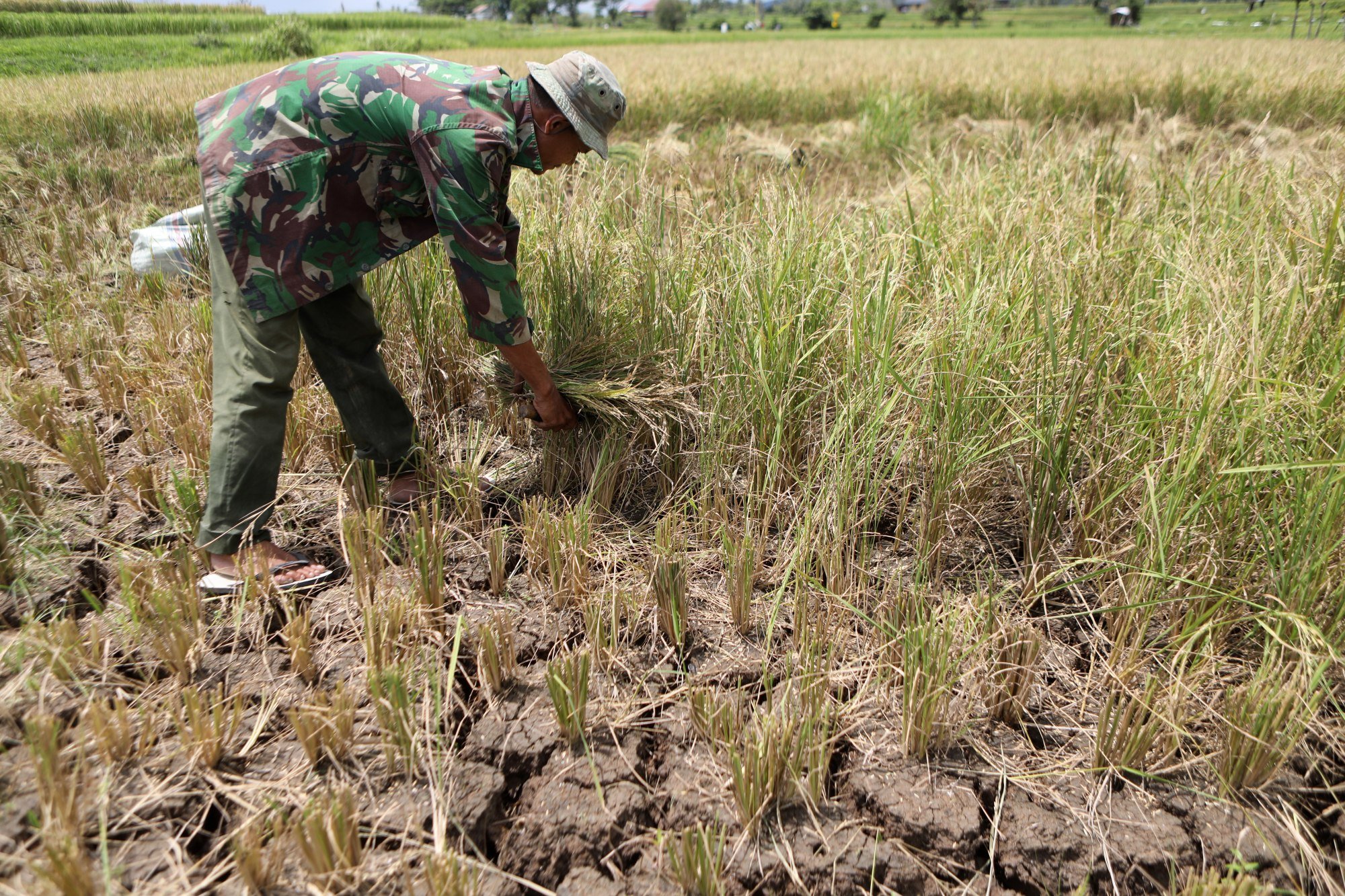Asia-Pacific growth stymied by ‘volatile’ combination of climate crisis, inequality: UN report
Many nations are only likely to achieve them in 2065, pointing to the chasm between wealth creation and equality in a region home to around 1 billion people deemed “societally poor”, or living on less than half the median income.
“Unmet aspirations amid high levels of human insecurity make for a volatile and potentially combustible combination, making it even harder to achieve cohesive human development,” the report warned.

It found the Asia-Pacific had made strides over the last three decades in areas including life expectancy, which rose from 64 to 72 years, and mortality under five, which dropped from 83 to 22 for every 1,000 live births, as well as adult literacy and higher education.
Inequality also remains entrenched across the region, with the wealthiest 10 per cent controlling over half of total income, according to the report. It found that an estimated 185 million people live in extreme poverty, earning below US$2.15 a day.
The region’s 1.3 billion informal workers are also particularly at risk of underemployment or low-quality jobs. The Philippines, Pakistan, Malaysia, Indonesia, Myanmar, Vietnam, and India all scored “very high” for perceived human insecurity.
But positive change to the quality of lives is being undercut by increasingly corrosive political and social environments.
The Asia-Pacific is facing a “limiting of public and civic spaces” not seen since the late 1970s, with seemingly little prospect of a democratic revival, the report said.
“Greater emphasis will be needed on the politics of reform and the design of effective delivery mechanisms – tasks which are more difficult at a time of democratic backsliding, rising populism and polarisation, and declining citizen trust in public institutions,” it added.

In the report, Kanni Wignaraja, regional director for the UNDP’s Asia-Pacific bureau, said reforms should be framed as “palatable political choices” to avoid the pitfalls of short-termism and political point-scoring over sustainable growth.
Gender equality was also singled out for its worst slump in two decades, with “stark gender biases” still prevailing across the region and women in poor households most affected.
“The call for economic growth should be louder, not quieter, as growth remains essential for human development,” said Philip Schellekens, the UNDP’s chief economist for Asia and the Pacific, and the report’s lead author.



 Casino Welcome Bonus
Casino Welcome Bonus